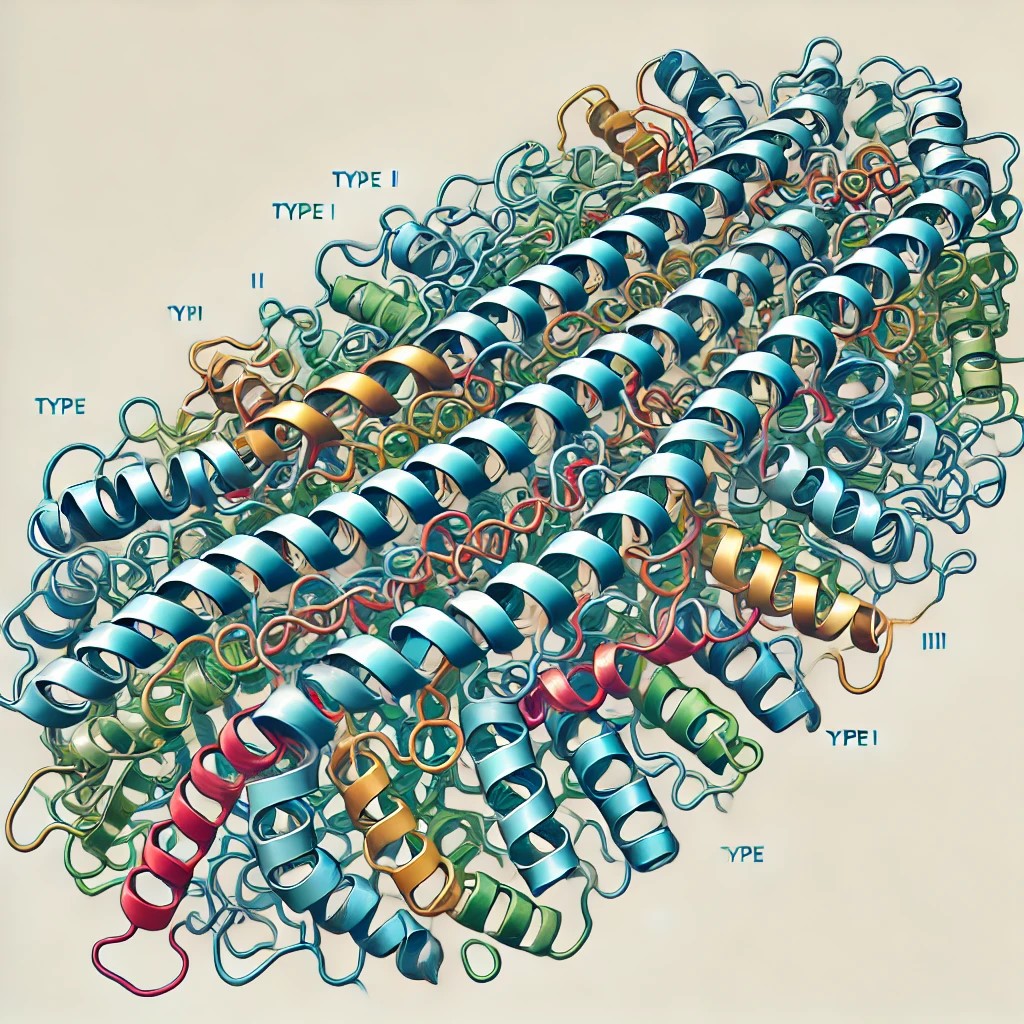
The study published in *Acta Neuropathologica* in April 2024 investigates how rare genetic variations in the *Fibronectin 1 (FN1)* gene may protect against Alzheimer's disease (AD) in individuals carrying the *APOEε4* allele, a major genetic risk factor for AD. Researchers noted that some *APOEε4* carriers remain cognitively healthy into old age, suggesting that certain protective mechanisms could counteract the effects of this allele. By analyzing whole-genome sequencing data from the National Institute on Aging Alzheimer's Disease Family Based Study (NIA-AD FBS), the Washington Heights/Inwood Columbia Aging Project (WHICAP), and the Estudio Familiar de Influencia Genetica en Alzheimer (EFIGA), the team identified 510 rare coding variants in unaffected *APOEε4* carriers over 70 years old. Pathway analysis of these variants pointed to significant enrichment in extracellular matrix (ECM)-related processes, leading the researchers to focus on the *FN1* and *COL6A2* genes, which are highly expressed at the blood-brain barrier.
Further investigation in a separate cohort of 7,185 *APOEε4* carriers revealed that the *FN1* variant rs140926439 significantly lowered Alzheimer's disease risk (odds ratio 0.29) and delayed disease onset by over three years. Brain samples from unaffected *APOEε4* carriers showed reduced *FN1* deposition and less reactive gliosis compared to those with Alzheimer's, supporting the idea that *FN1* plays a role in the disease's progression. The researchers hypothesized that pathological *FN1* accumulation could impair the brain's ability to clear toxic proteins, thus contributing to cognitive decline. Postmortem analyses further confirmed that higher *FN1* and *COL6A2* levels were linked to Alzheimer's pathology in *APOEε4* carriers.
To validate their findings, the team used zebrafish models with loss-of-function mutations in the *FN1* ortholog, *fn1b*, discovering that reduced *FN1* levels led to decreased gliosis, enhanced gliovascular remodeling, and an improved microglial response. These results suggest that *FN1* may be a downstream factor in *APOEε4*-mediated AD pathology, and that targeting the ECM could be a promising therapeutic approach. Overall, the study provides novel insights into how modifying *FN1* levels might mitigate Alzheimer's disease risk in genetically predisposed individuals, highlighting potential pathways for developing new treatments targeting the ECM in Alzheimer's prevention and intervention.